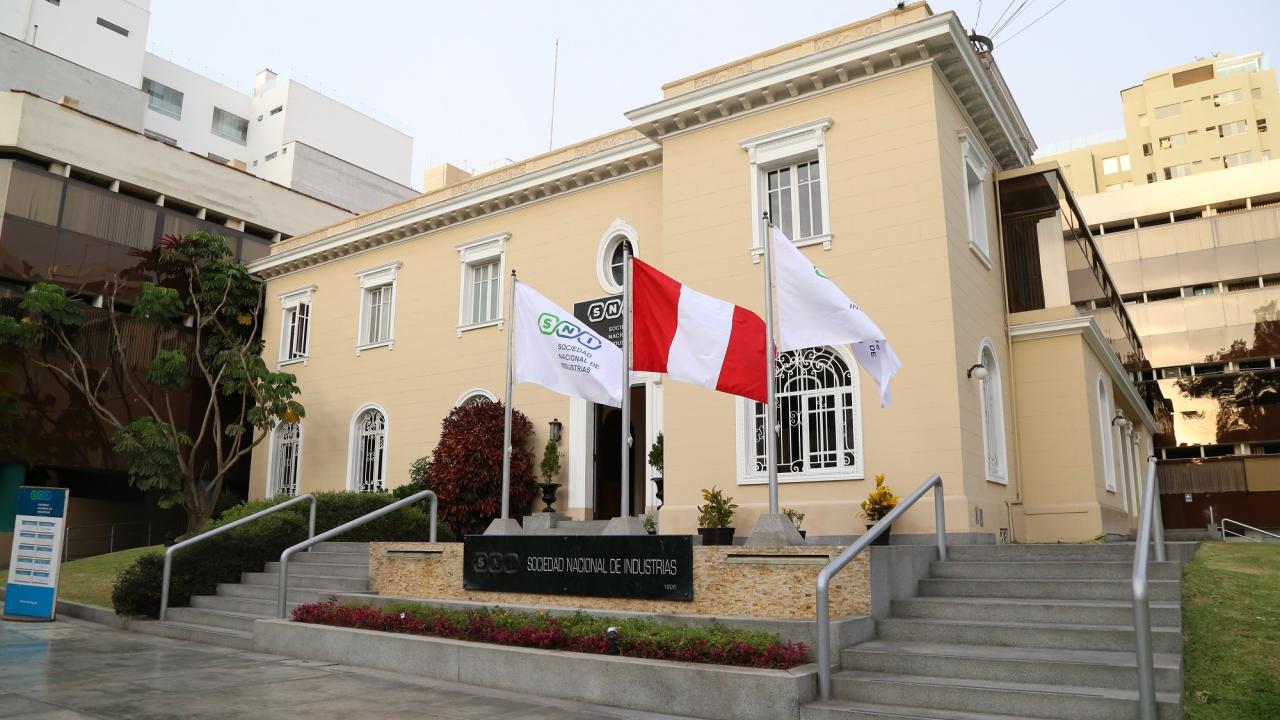
The National Society of Industries of Peru justifies the package of measures by the fact that hot-rolled steel tubes from China enter the Peruvian market at a price 23% lower than the national product.
On Tuesday 10th, the National Society of Industries of Peru (SNI) declared itself in favor of the application of antidumping measures to Chinese steel by Indecopi, the Peruvian trade regulator. The objective is to avoid "further damage" to the steel industry.
To justify this proposal, the SNI pointed out that in the last 20 years, China has increased its steel industry by 700%, reaching 55% of the world's steel production.
This has had serious consequences at an international level, particularly in Latin America with its predatory steel prices, seriously affecting the steel industry in the region.
It is worth noting that hot-rolled steel (HRS) pipes from China enter the Peruvian market at a price 23% lower than that of the national product.
This forces local companies to sell below reasonable production costs, which generates losses in this product line and affects their sustainability.
Even the coil, the raw material for manufacturing the tubes, is imported at a higher price than the final product. The SNI believes that this is a contradiction that does not respond to any productive or commercial efficiency, but to state subsidy policies that allow China to export at artificial and predatory prices, directly damaging the markets where its products enter.
Unlike the United States, Canada, Brazil, Argentina, Mexico, Colombia, Ecuador, Australia and the European Union, among others, which have trade defense mechanisms, Peru does not yet have similar measures.
This creates obvious conditions of unfair competition and places national producers in a serious situation of risk, with the consequent impact on employment in the sector.









